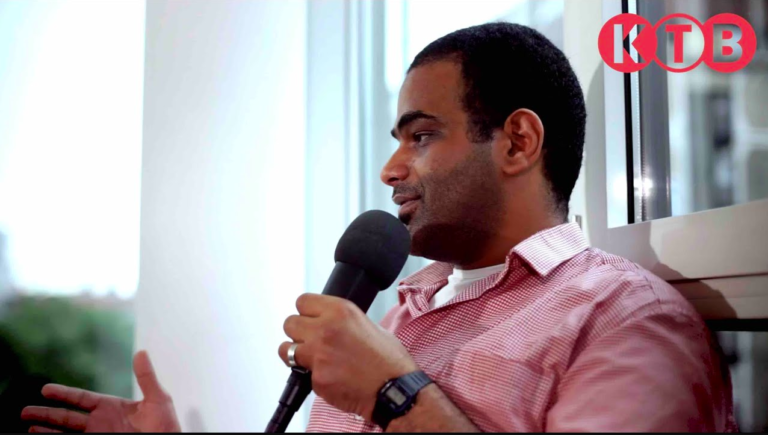Organized by the Center for Humanities and Social Change
with Manuela Bojadžijev and Muhammad al-Kashef, moderated by Robin Celikates (deputy director Center for Humanities and Social Change/FU Berlin)
While the coronavirus pandemic in a way affects us all, recent developments have made it abundantly clear that not all are affected equally. Both the spread and the impact of the novel coronavirus are profoundly mediated by social and political inequalities that structure societies along the lines of class, race and gender. These inequalities are, among others, upheld, reproduced and intensified by the international border regime. The current pandemic has obscured the plight of refugees around the world as much as it has exacerbated it. Refugee camps – at the borders of the EU and elsewhere – have become the crucible of this crisis just as much as they condense the structural violence of the border regime more generally. While campaigns such as #LeaveNoOneBehind have mobilized some public attention, the catastrophic effects of the pandemic continue to be especially harsh at the border, in a form that is intensified by the border.
In this conversation with the anthropologist and migration scholar Manuela Bojadžijev (HU Berlin) and the researcher and activist Muhammad al-Kashef (Watch The Med Alarm Phone) we explored the changing dynamics of borders and solidarity in times of corona: How does the total closure of borders affect migration and especially the situation of refugees at the borders of Europe? How does this closure relate to the demand of contemporary capitalism for ‘cheap’ migrant labor e.g on German asparagus farms? What prospects are there for solidarity in a time of disaster nationalism? Which practices and mobilizations can redeem the promise of solidarity to create a relation of symmetry in contrast to the asymmetries of humanitarian help?








